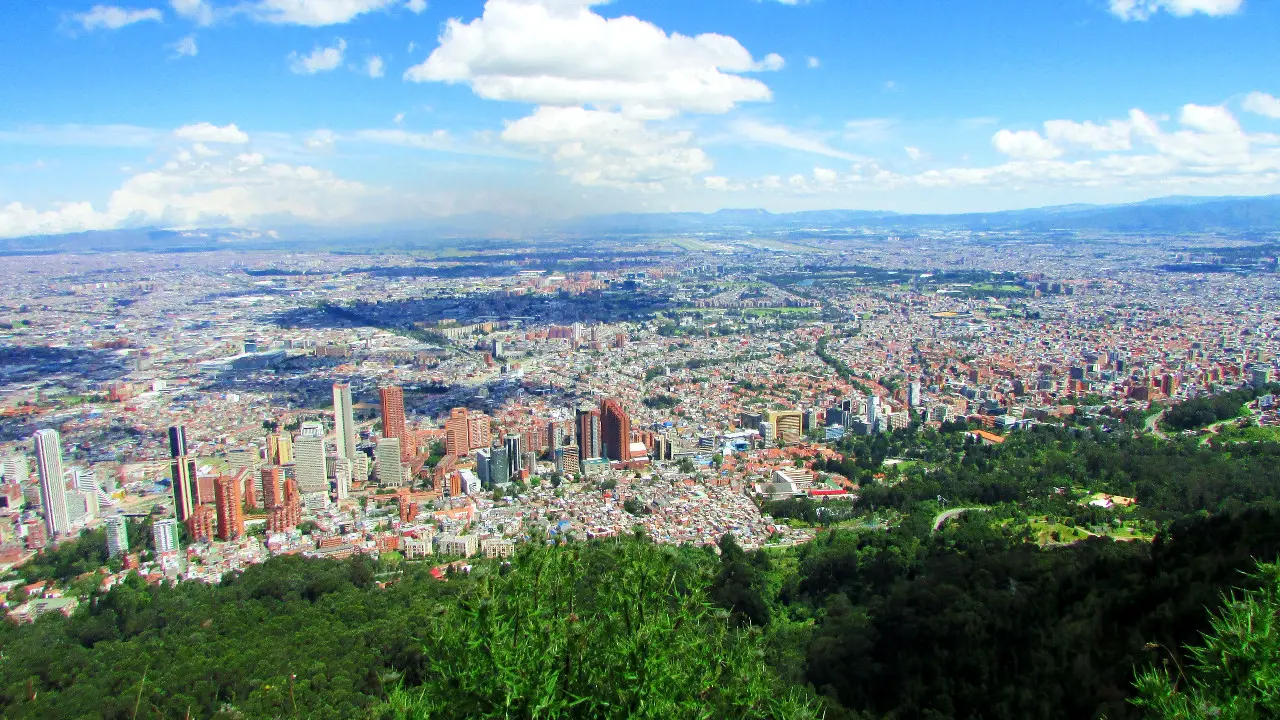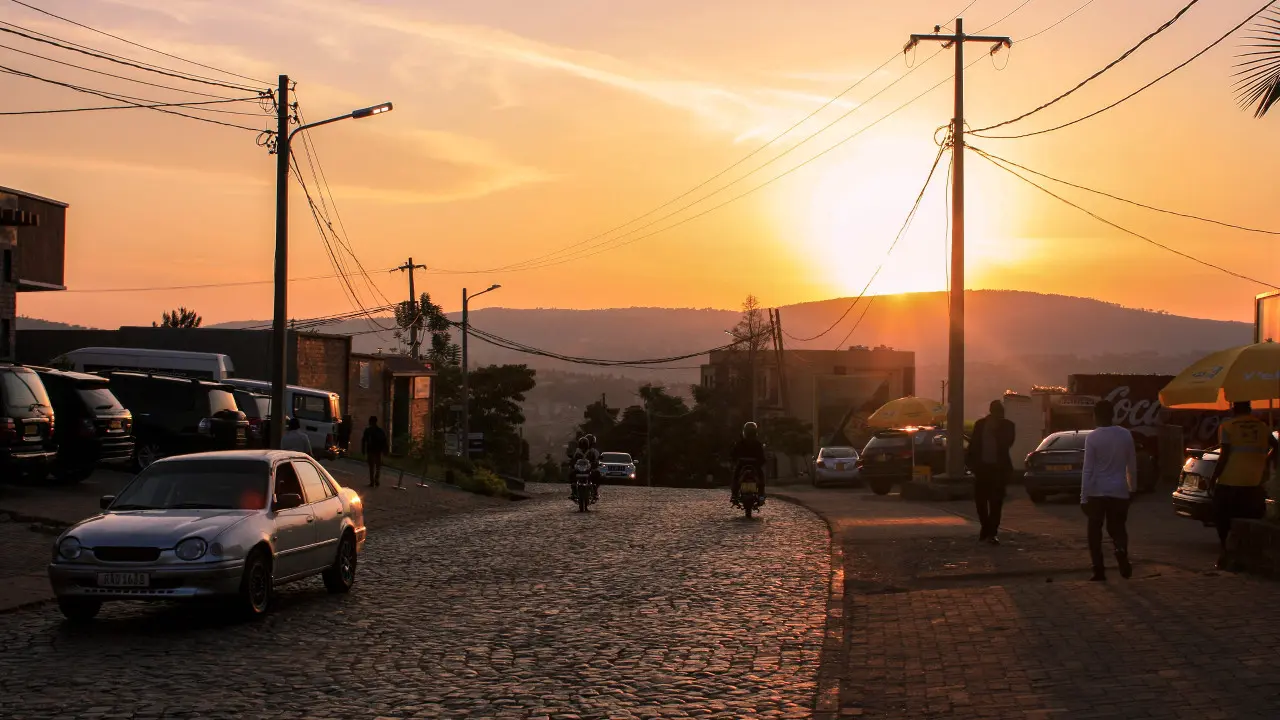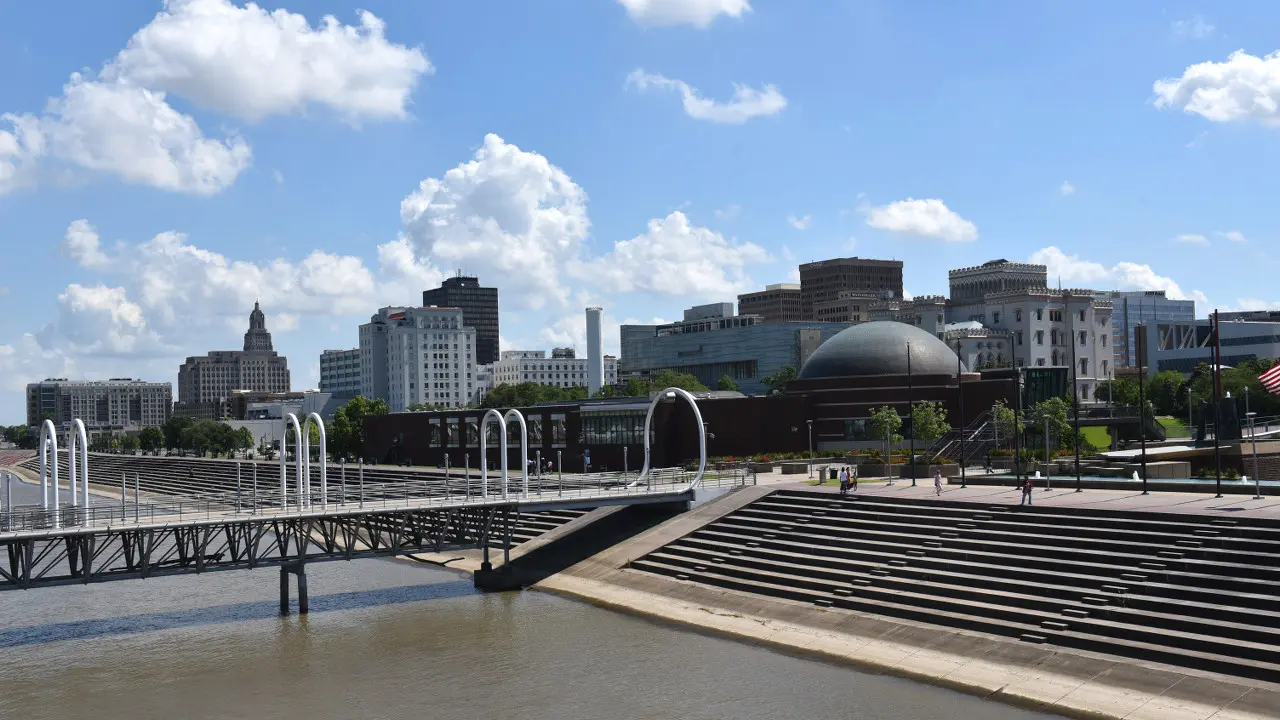ABOUT
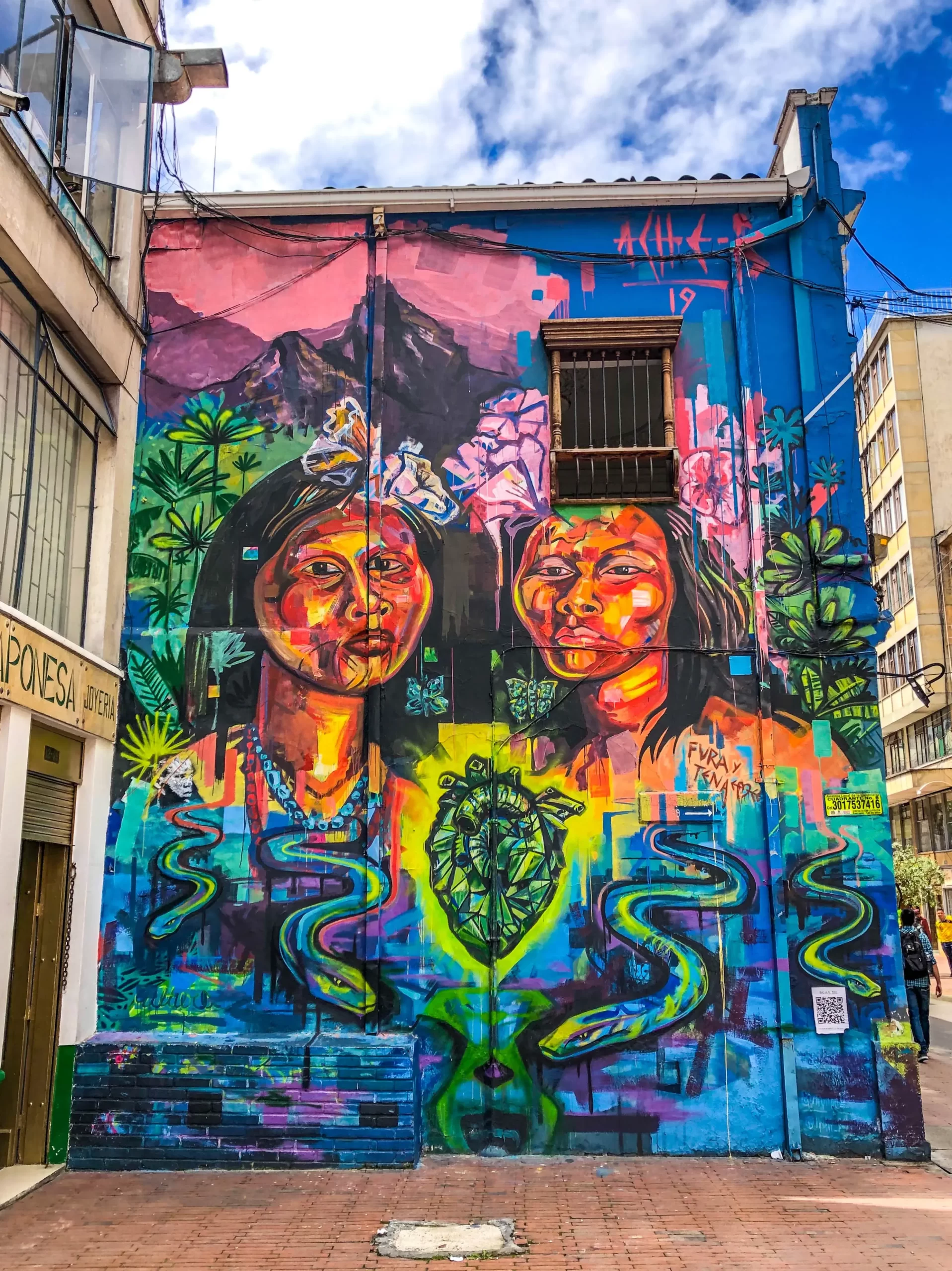
Alexandra is originally from Russia and has been enjoying Bogota in Colombia for 3.5 years. Before that, she’s lived in Nicaragua, India and Bahrain. She speaks Russian, English and Spanish now. She asks: “Do you count Spanglish as a separate language? Haha. I used to speak Italian and French, but haven’t had any practice, so now I just smile and wave”. 🙂
Moving to Bogota
Do you need to speak Spanish in Bogota?
DEFINITELY YES!
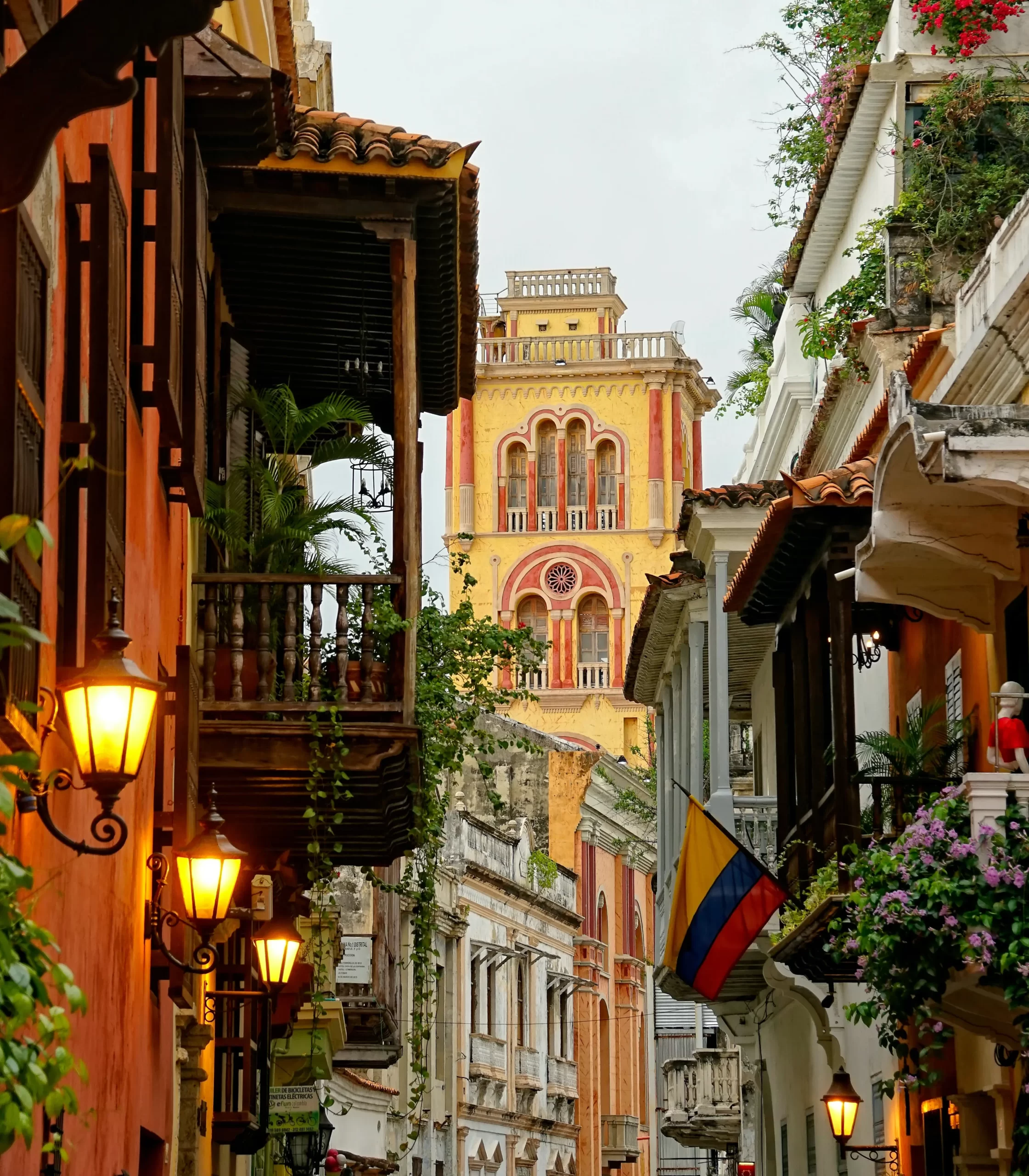
What are some underrated places in Bogota?
Chapinero (around Quinta Camacho / Parque Portugal and more towards the center) is MAGNIFICENT! Just walk around! The architecture! The vibe! Small cafes and bars where you can sit in the street, underground galleries, hippie to hippie chick atmosphere. Surroundings will take you to Europe and sometimes to classical medieval English towns. You will meet different sides of Bogota.
How did you find an apartment?
Oh… This topic is SUPER COMPLICATED! If you are planning to move to Colombia, do your research and negotiate as much as possible with your local employer if possible. You can rarely rent an apartment directly from the owner, the standard practice is to sign your rental contract via an insurance company that protects yours and landlord’s interests. On paper, this system is great, yet as any system that tries to be applied in any case that’s out of the norm, for example for expats, it fails horribly. Depending on the cost of your apartment, the insurance company would ask one or two co-deudores, meaning persons and entities who can financially vouch for you. The fun part is that they should be Colombian. If it’s a person, then they should own property in Colombia. If it’s a business, it should earn a certain amount, again depending on the cost of your rental. You also need to be ready to provide your bank statements.
Your bank statements should be from a local bank account that has Colombian pesos. Your international bank accounts are not considered here in order to prove your financial stability. If you can’t provide the above, you might have another option to rent property here: pay the cost of monthly rent (sometimes it might go up to 5 months) as a guarantee. Another interesting thing to keep in mind is contracts and the timeline of when you can leave the rented apartment. Many contracts state you can only do it within the 3 months prior to the date of annual extension of the latter.
Your bank statements should be from a local bank account that has Colombian pesos. Your international bank accounts are not considered here in order to prove your financial stability. If you can’t provide the above, you might have another option to rent property here: pay the cost of monthly rent (sometimes it might go up to 5 months) as a guarantee. Another interesting thing to keep in mind is contracts and the timeline of when you can leave the rented apartment. Many contracts state you can only do it within the 3 months prior to the date of annual extension of the latter.
How did you set up?
Again many challenges you should be aware of. Everything in Colombia is managed based on your credit history. Obviously, credit history in Colombia. If you don’t have any, #sorrynotsorry. You need to build one from scratch, and it’s painful. Even if you come with millions in cash to a local mobile provider, and ask for the best GB internet plan they have, you won’t get one. They’d probably offer you a ‘decent enough’ one and say ‘pay this one on time for three months, and then we’ll be happy to upgrade it for you’
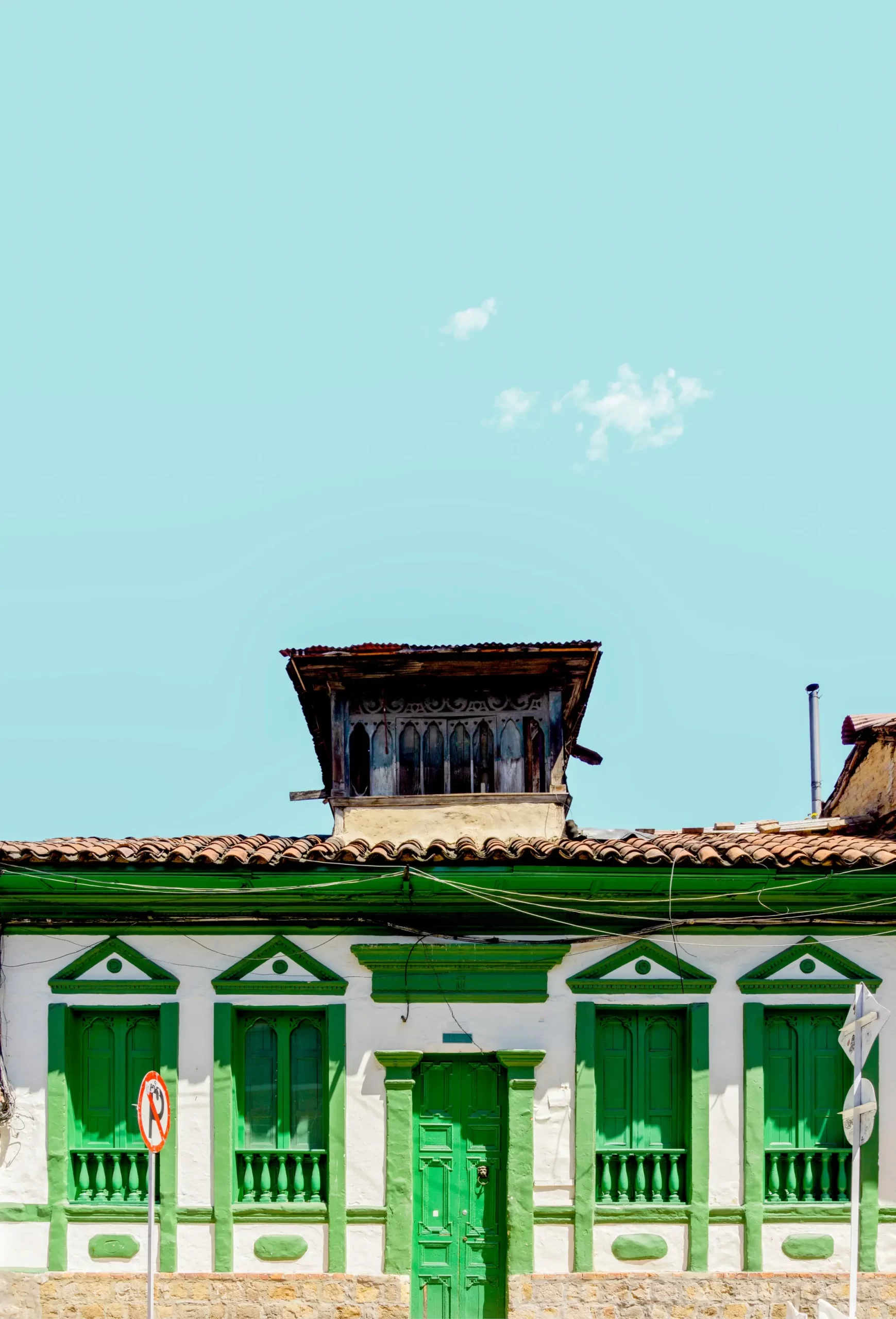
Living in Bogota
How can Russians migrate to Colombia?
There is a 3-month tourist visa (you just fly in and they stamp your passport at immigration). You can extend for 3 extra months. There are other visa options to stay here longer: spouse visa / student visa / work visa (IMPORTANT: it’s connected to a specific employer. Once you leave that employer you have 1 month to apply for another visa or leave the country.) / nomad visa in Colombia (That one is super new. Lawyers are still figuring out how it works and what are the benefits.)
How did you make friends?
It’s been a challenge in the beginning. I believe it’s a part of any expat journey. As I moved right before the pandemic, being stuck at home for a year didn’t help with creating my new social circle! Once Bogota went back to the norm of being able to simply go out, my main priority became making new connections. Very quickly I realized that this is not only my experience and the pain is shared, so I decided to come up with the solution! I started my own project of The Dis_Connected Events – spaces for expats to disconnect from the daily hustle of Bogota and connect to what’s important: themselves and the community. I organize gatherings in the city: dinners, wine tastings, etc as well as longer wellness retreats outside of Bogota where I facilitate tools and resources for the participants to navigate through their expat journey with more joy and less drama.
I ensure these spaces are facilitated in English, that brings down one of the main challenges of the language barrier, and I ensure the quality of the activities and professionals I collaborate with. This mix is a rare thing to find!
I ensure these spaces are facilitated in English, that brings down one of the main challenges of the language barrier, and I ensure the quality of the activities and professionals I collaborate with. This mix is a rare thing to find!
Final Thoughts
What are the main differences between Russians and Colombians?
Russians: Say what you mean VS Colombians: ‘Formulate’ what you what to say which is not what you are actually thinking about.
Russians: Say no if you disagree VS Colombians: Say Yes / Maybe if you disagree to avoid conflict at the moment and then ignore the situation.
Russians: No small talk VS Colombians: Small talk is what creates the network of human relationships.
Russians: Goal-oriented, ambitious VS Colombians: Going with the flow, being happy at the moment, enjoying life.
Russians: Plan ahead / long-term, be strategic VS Colombians: Going with the flow, seeing short-term perspective.
Russians: Individualistic VS Colombians: Family-oriented culture
Russians: Say no if you disagree VS Colombians: Say Yes / Maybe if you disagree to avoid conflict at the moment and then ignore the situation.
Russians: No small talk VS Colombians: Small talk is what creates the network of human relationships.
Russians: Goal-oriented, ambitious VS Colombians: Going with the flow, being happy at the moment, enjoying life.
Russians: Plan ahead / long-term, be strategic VS Colombians: Going with the flow, seeing short-term perspective.
Russians: Individualistic VS Colombians: Family-oriented culture
What are your contacts?
You can find me on Instagram at @empower_leaders and @dis_connected.events
Thank you Alexandra, it was quite enlightening! I love that you used your experience for when you were struggling to find connections to actually organize events. I am sure that if you are an expat in Colombia you’d benefit from hanging out in that group!

